Local Government & Open Gov.
Salle / Hall : IRJS - Salle des séminaires.
Horaire / Schedule : 10h55 - 12h15
Président de séance : Petr Juptner (Directeur de l'Institut politologických studií, Katedra politologie - République Tchèque)
Langue / Language : English
Speech 1. Institutional participation and transparency in Chilean municipalities
Jose Hernandez-Bonivento - Dr, ICHEM-GIGAPP, Beyond formality
In ICHEM, we have developed an institutional index for municipal open government in Chile, a tool to measure legal compliance on Transparency and Participation on all Chilean municipalities. The results shows that compliance is positive and almost generalized, but it does not show if it translate in local collaboration nor public accountability. By making field work in two intermediate cities of Chile, we got to outline the complex relationship between formal institutions and local open government, based on an intricate system of incentives that could yield both positive and counterproductive results. In our opinion, this subject is in need of more research and debate.
Speech 2. Hungarian municipality-owned enterprises: their transparency and compliance with disclosure requirements
Petra Reszkető - Budapest Institute for Policy Analysis (Hongrie)
This pilot research examines the public disclosure policy of municipality-owned enterprises in Szeged, the regional centre of South-Eastern Hungary. While mapping and analysing information disclosure practices of local firms based on data available on their webpages and by running interviews with representatives of the local government and those of local businesses, we shed light on the drivers and barriers to more transparency and integrity in the publicly-owned business sector. We produce a ranking of local enterprises based on indexes calculated in line with their compliance with statutory obligations and with their openness on hard information – meaning, more business-sensitive information. The preliminary empirical results show that there is a considerable variance in the public disclosure practices and a need for more peer-learning. Municipality-owned enterprises do not seem to add explicit value to business integrity but would be open to learn more on its benefits and on the good practices. We conclude with preliminary policy recommendations on how to raise awareness on the economic importance of business integrity and to help local governments to promote transparency at the local level.
Speech 3.
Petr Juptner - Directeur, Institut politologických studií, Katedra politologie (République Tchèque)
Speech 4. Sao Paulo in the Digital Age: Legal and Institutional challenges
Eduardo Tuma - PhD. Senior Professor, City Councilman (São Paulo), PUC/SP (Brazil)
Sao Paulo, Brazil, with its more than 12 million inhabitants, is a good habitat for the anthropological research of the chronic problems of people living in megalopolis. In some ways, modern technological facilities give the population inaccessible utilities to the most privileged social classes of the past. This is intensified in the current digital age where the city each passing day becomes more automated. Automation should be in favor of population and urbanization, and not against it. People are entitled to smart cities and at the same time must be protected against predatory automation. The challenge of modern legislator is to be able to interpret this new social and virtual reality and legislate in favor of a holistic citizenship, including the ecological citizenship.
Speech 5. Dilemmas of participatory budgeting from the perspective of the Polish law and experience
Tomasz Nowak - Associate Professor, University of Lodz
The subject of the intervention is presenting dilemmas of participatory budgeting on the basis of Polish regulations relating to local budgets and on the basis of Polish experience in this matter.
Participatory budgeting means that inhabitants are engaged in the process/decision on how to allocate the expenses of the municipality. In Poland, the participation of citizens does not apply to the allocation of the total expenditure of the municipality, but only a part of it. This part is determined by the local authority. Within this part, the inhabitants make a choice tasks, which will be financed in the next year. These tasks are pre-selected by the local authorities. According to the Polish budget rules, „participatory” budget is not a separate budget from the "general" budget of the municipality. „Participatory” budget is part of the "general" budget of the municipality. Therefore the competences related to the budget are also related to the participatory part.
According to the Polish budgetary law, drafting the budget is the exclusive competence of the local executive power (eg. mayor) and passing the budget is the exclusive competence of the local representative body. Participatory budgeting is created only if that possibility is provided by the local executive power and only if the local representative body approves it. The amount of expenditure covered by the participatory budget is determined by the local executive power. However, from a legal point of view, the creation of participatory budget does not eliminate the responsibility of the local authorities for drafting and passing the local budget. This responsibility also applies to the participatory part. The local authorities are not legally bound by the will expressed by the people, but of course disregarding the will of the inhabitants would be a perversion of the idea of participatory budgeting. This approach of local authorities would be at most political significance.
On the other hand, exclusive competence to the implementation of the budget belongs to the local executive power. Therefore, from a legal point of view, the local executive body makes the expenditure of the participatory part. Eg. the procedure for selection of the contractor of the "participatory" project or an agreement to grant to the „participatory” task are made by the local executive body (not by the "promoters" of participatory part). Moreover, the same rules of spending apply to participatory section of the local budget and for the "general" local budget. Eg. competence to implement the budget allows the executive body to make changes in the budget, resulting from the current needs of the municipality or resulting from the current financial situation of the municipality. The Polish budgetary law does not have regulations that would exclude this competence in regards to participatory part of the budget. Eg. in such cases there is no priority for making the expenditure in participatory part by expenditures made under the "general" budget.
Local authorities are subject to the control and supervision of the specialized body (regional audit chambers) also in the participatory part of the budget.
Participatory budgeting cannot exclude the responsibility of the local authorities in the field of drafting and implementing the local budget. Participatory budgeting does not transfer the responsibility to the "promoters" of financial tasks in participatory part.



